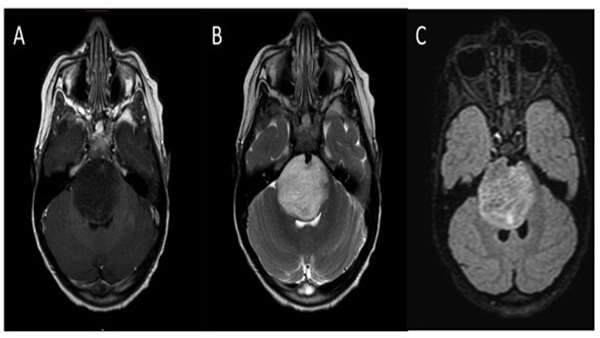Pediatric brainstem cancer eradicated in mice using CAR-T treatment
Engineered human immune cells can vanquish a deadly pediatric brain tumor in a mouse model, a study from the Stanford University School of Medicine has demonstrated.
Engineered human immune cells can vanquish a deadly pediatric brain tumor in a mouse model, a study from the Stanford University School of Medicine has demonstrated.
The study, which was published online April 16 in Nature Medicine, represents the first time a severe brainstem cancer, diffuse intrinsic pontine glioma, has been eradicated in mice with the tumor. DIPG affects a few hundred school-age children across the country each year and has a median survival time of only 10 months; there is no cure. In mice whose brainstems were implanted with human DIPG, engineered immune cells known as chimeric antigen receptor T cells — or CAR-T cells — were able to eliminate tumors, leaving very few residual cancer cells.
“I was pleasantly surprised with how well this worked,” said Michelle Monje, MD, PhD, assistant professor of neurology and a senior author of the study.
When the brains of the mice were examined via immunostaining after treatment, the animals had, on average, a few dozen cancer cells left, compared with tens of thousands of cancer cells in animals that received a control treatment.
However, some mice experienced dangerous levels of brain swelling, a side effect of the immune response triggered by the engineered cells, the researchers said, adding that extreme caution will be needed to introduce the approach in human clinical trials.
Reference:https://www.nature.com/articles/s41591-018-0006-x





ارسال به دوستان